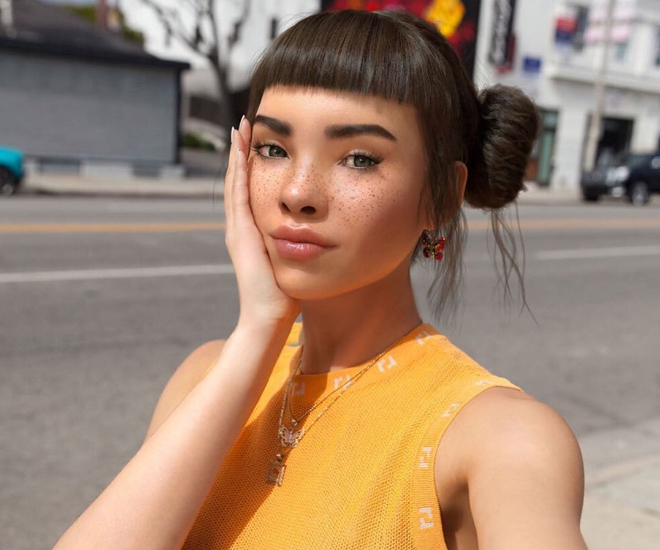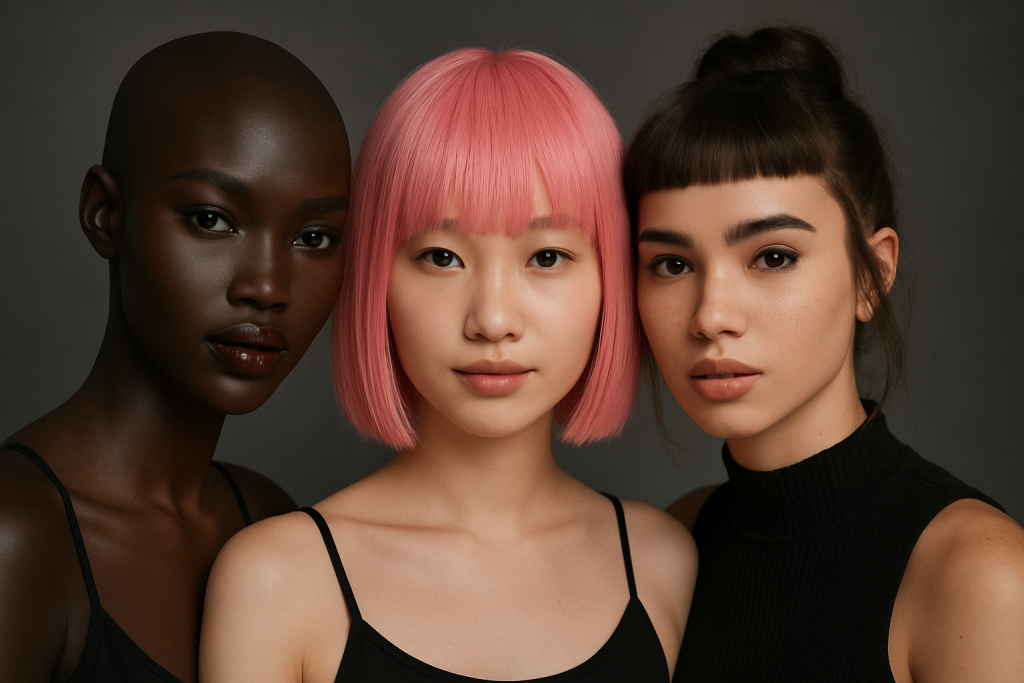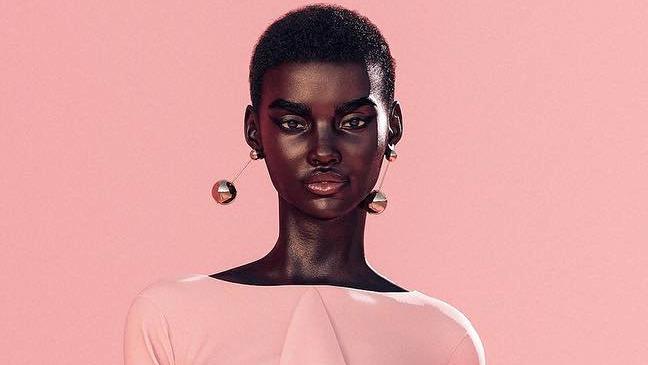🌐 Welcome to the Future of Fame
Imagine scrolling through Instagram and seeing a fashion icon with flawless features, perfect lighting, and trendy outfits — only to discover they’re not real. Welcome to the world of virtual influencers: computer-generated characters who are taking over social media, brand deals, and even music videos.
These digital personas, often powered by AI and 3D animation, are managed by creative teams or tech companies. They interact with fans, share personal stories, promote brands, and in some cases — like virtual pop star Lil Miquela — even release songs.
🤖 Who Are These Virtual Stars?
Some of the most famous virtual influencers include:
Lil Miquela – A Brazilian-American virtual model and singer with over 2 million followers on Instagram.

Imma – A Japanese virtual fashion influencer who collaborates with global brands.

Shudu Gram – Dubbed the world’s first digital supermodel.
They look incredibly lifelike, often blurring the line between fiction and reality — and fans are hooked.
💸 Why Brands Love Them
From Gucci to Samsung, companies are investing heavily in virtual influencers. Why? Because:
- They’re always available, never age, and never cause scandals.
- Their content can be controlled and edited to perfection.
- They offer futuristic appeal to Gen Z and tech-savvy audiences.
As more companies move into the metaverse, these digital personalities are becoming brand ambassadors, product testers, and even virtual hosts for events.
⚠️ The Debate: Real vs. Unreal
Of course, this trend comes with controversy. Critics argue:
- Virtual influencers promote unrealistic beauty standards.
- They lack authentic human experience and emotion.
- They may take jobs from real creators and models.
Still, their rise seems unstoppable — and the industry is evolving fast.
🎯 What’s Next?
The future of entertainment may involve virtual concerts, AI-driven talk shows, and entire fictional celebrities who exist only online. With advances in deepfake technology and virtual reality, the gap between the real and digital worlds is shrinking.
Virtual influencers may not be real — but their impact is. Whether you find them fascinating or unsettling, there’s no doubt: they are redefining celebrity culture, marketing, and online entertainment as we know it.
💡 Looking to stay ahead of the curve in entertainment and tech? Bookmark us for more stories like this!



